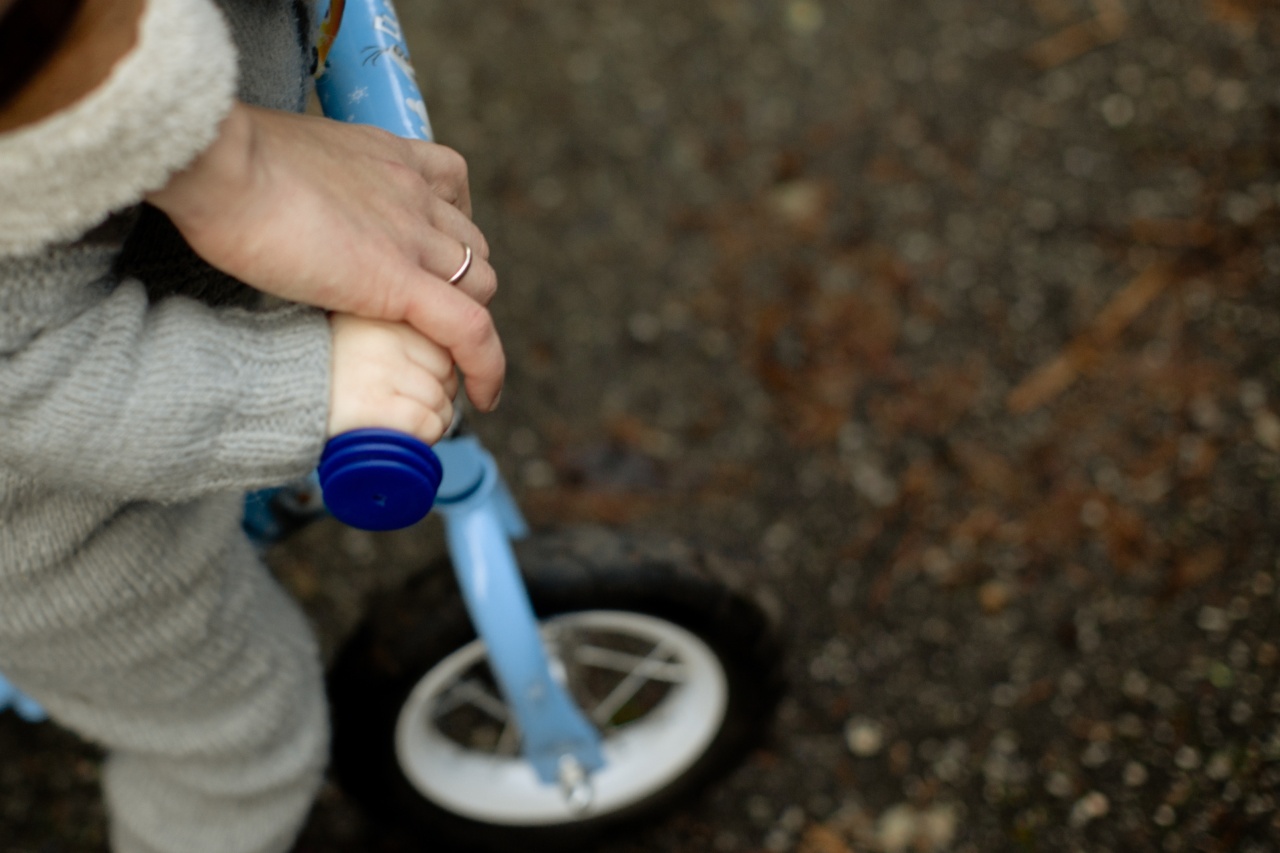As parents, we want our children to grow up to be independent individuals who can take care of themselves. However, fostering independence in children can sometimes feel like a daunting task.
The good news is that there are lazy ways to help your child become independent without putting in a lot of effort. Here are 10 tips to get you started:.
1. Encourage Decision Making
Allow your child to make decisions, even if they are small ones.
From choosing their outfit for the day to deciding what game to play, giving your child opportunities to make choices helps them develop decision-making skills and boosts their confidence.
2. Assign Age-Appropriate Chores
Give your child chores that match their age and abilities.
Whether it’s setting the table, folding laundry, or tidying up their room, having responsibilities teaches children important life skills, such as taking care of their environment and developing a strong work ethic.
3. Teach Basic Life Skills
Show your child how to perform basic life skills, such as tying shoelaces, preparing simple meals, or doing laundry. By teaching them these skills, you empower them to take care of themselves and become more self-sufficient.
4. Allow them to Solve Problems
When your child encounters a problem, avoid immediately stepping in to solve it for them. Instead, guide them through the problem-solving process, encouraging them to brainstorm possible solutions and evaluate the consequences of each choice.
This helps them develop critical thinking skills and become more resourceful.
5. Foster Independence in Daily Routines
Gradually allow your child to take charge of their daily routines. From getting dressed in the morning to packing their school bag, empower them to complete these tasks independently.
While it may take longer at first, it ultimately builds their competence and self-confidence.
6. Promote Self-Directed Play
Encourage your child to engage in self-directed play where they’re responsible for creating their own entertainment.
Provide them with open-ended toys, such as building blocks, art supplies, or puzzles, that stimulate their imagination and allow for independent exploration.
7. Instill a Sense of Responsibility
Help your child understand the importance of being responsible for their actions. Encourage them to take ownership of their mistakes and find solutions to rectify them.
By holding them accountable for their actions, you teach them valuable life lessons about responsibility and consequence.
8. Support Their Pursuit of Passion
Identify your child’s interests and support their pursuit of passion.
Whether it’s enrolling them in a sports team, music lessons, or art classes, nurturing their hobbies and talents helps them develop a sense of identity and boosts their self-esteem.
9. Encourage Problem-Oriented Communication
Teach your child how to effectively communicate their needs, concerns, and conflicts. Encourage them to express themselves in a respectful and constructive manner, promoting problem-oriented conversations rather than resorting to complaining or blaming.
This skill will help them navigate their relationships and assert their independence.
10. Give them Space for Independence
Finally, it’s important to give your child the space they need to explore their independence. Allow them to make mistakes, learn from them, and develop their own unique identity.
While it can be difficult to let go, it’s crucial for their growth and development.































